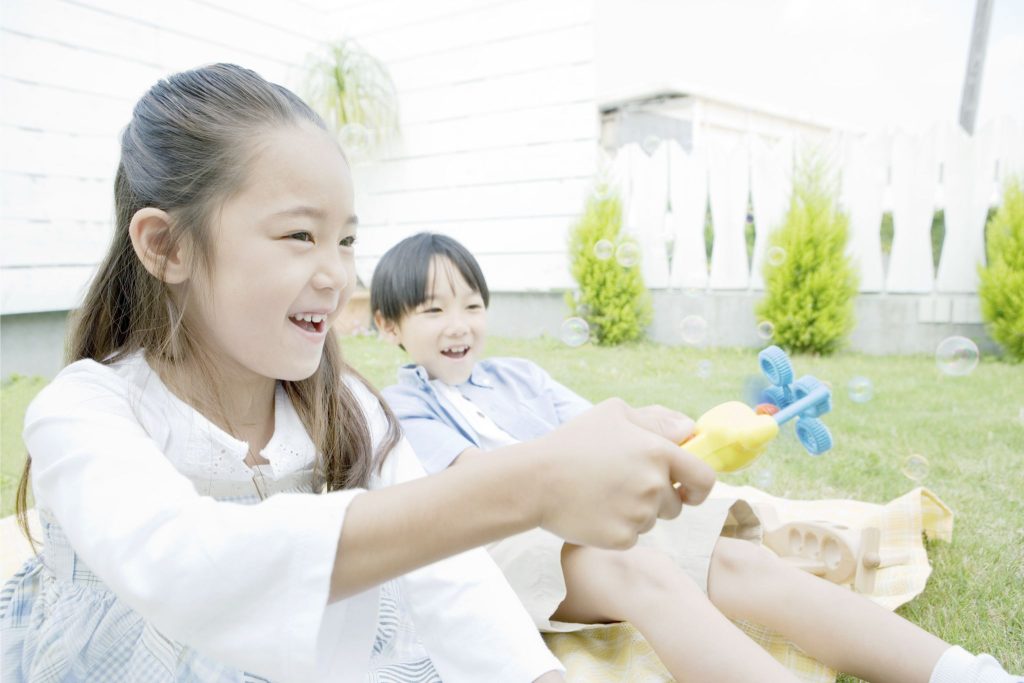
Japanese Toy Safety Mark (ST Mark) is managed and issued by the Japan Toy Association, which stipulates the mechanical and physical properties, flammability properties and chemical safety properties of toys. This standard is voluntary. Only products that meet this standard can be allowed to bear the ST mark on the product itself. Although it is not a mandatory standard, it has a very important impact on the acceptance of toys in the Japanese market. The Japanese toy standard (ST) is the most important quality and safety standard in the Japanese toy market.
Food Sanitation Law (FSL) promulgated by the Ministry of Health, Labor and Welfare of Japan, is formulated to ensure the safety and hygiene of food, protect people from health risks caused by diet, and help improve and promote public health. The scope of the law includes: food additives, equipment, container packaging and toy products. The Food Sanitation Law regulates the harmful chemicals of lead, cadmium, formaldehyde and phthalate plasticizers used in toys, the production standards of toy raw materials and toys, and it is the most important official regulation to ensure the quality and safety of toys. Therefore, relevant food containers, packaging and toy products must meet the requirements of the Food Sanitation Law before entering the Japanese market.
For export to the Japanese market, CMA Testing has been an accredited laboratory of the Japan Toy Association (JTA) as early as 1986 and has conducted the testing of the third part of the Japanese Toy Safety Standard ST. And we also has been recognized by the Ministry of Health, Labor and Welfare (MHLW) of Japan to test the FSL. Our company has many years of experience in Japanese toy safety testing, and is your trusted third-party testing laboratory.

